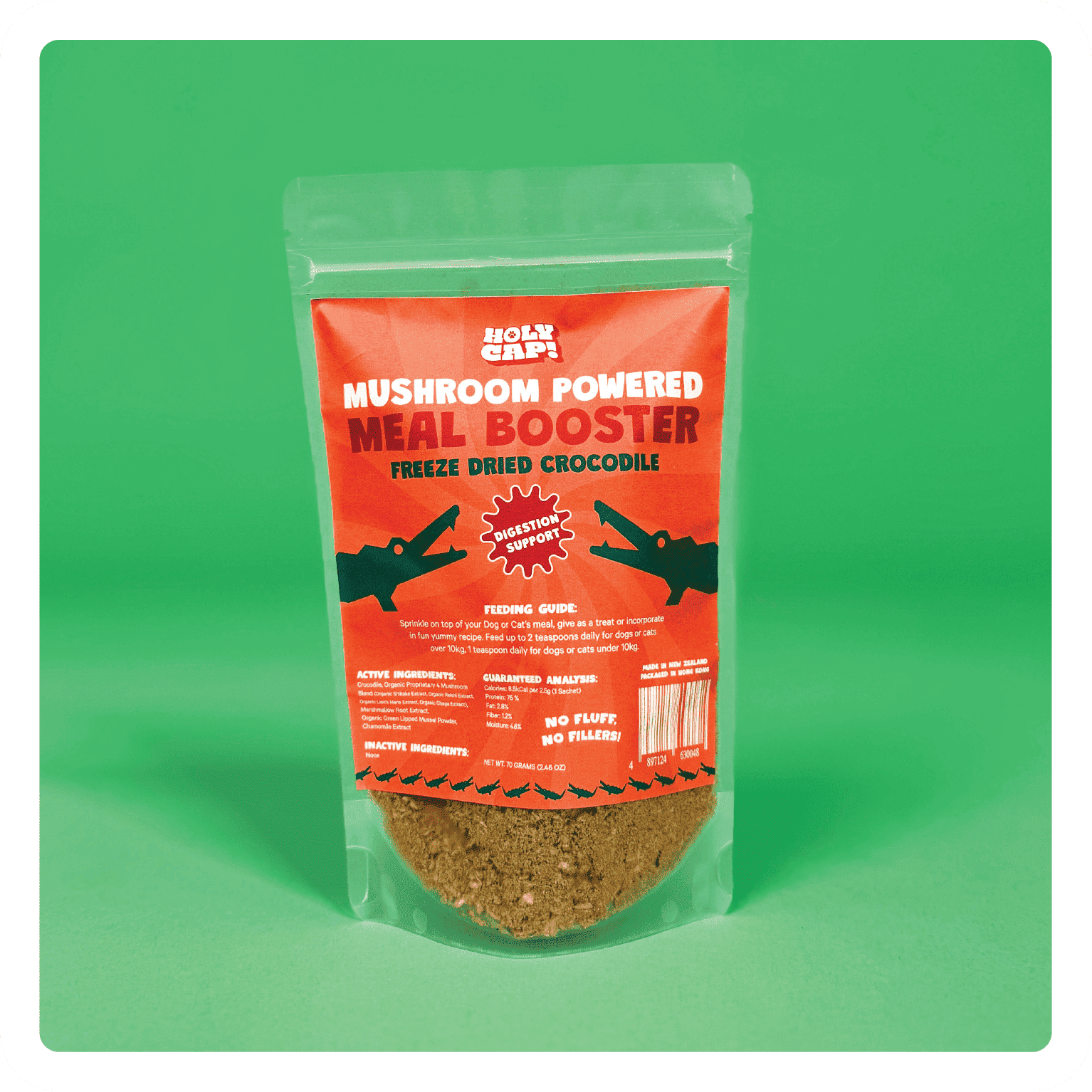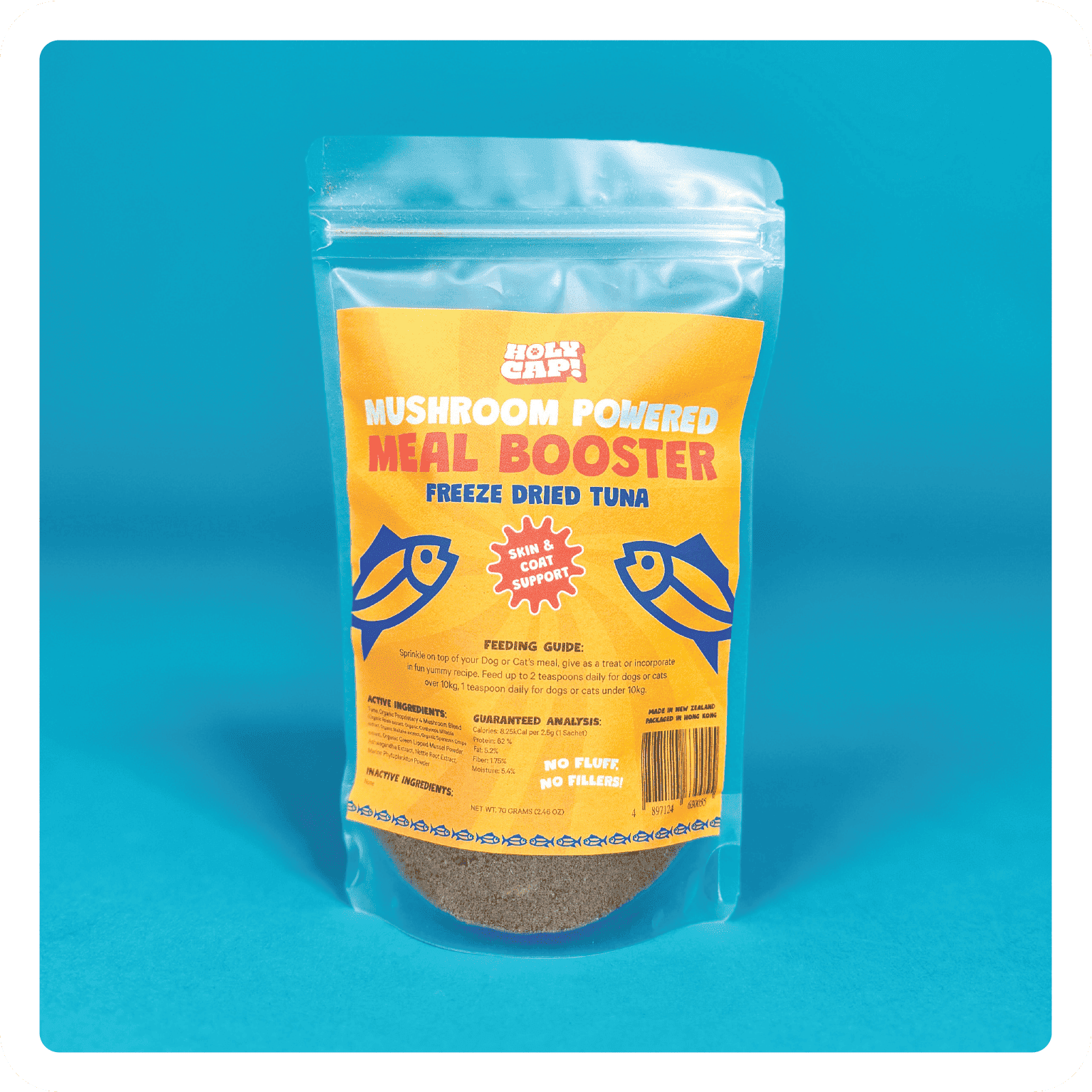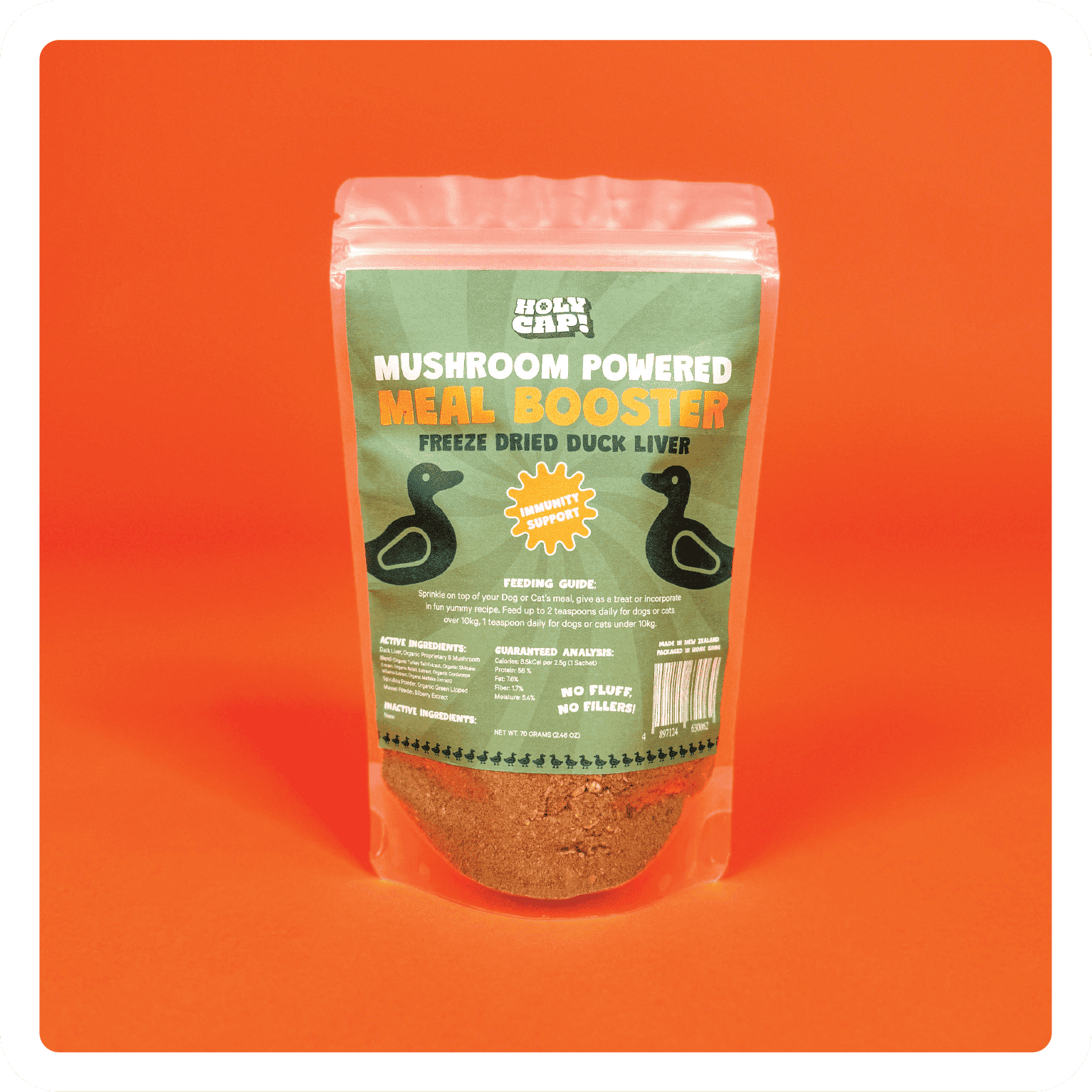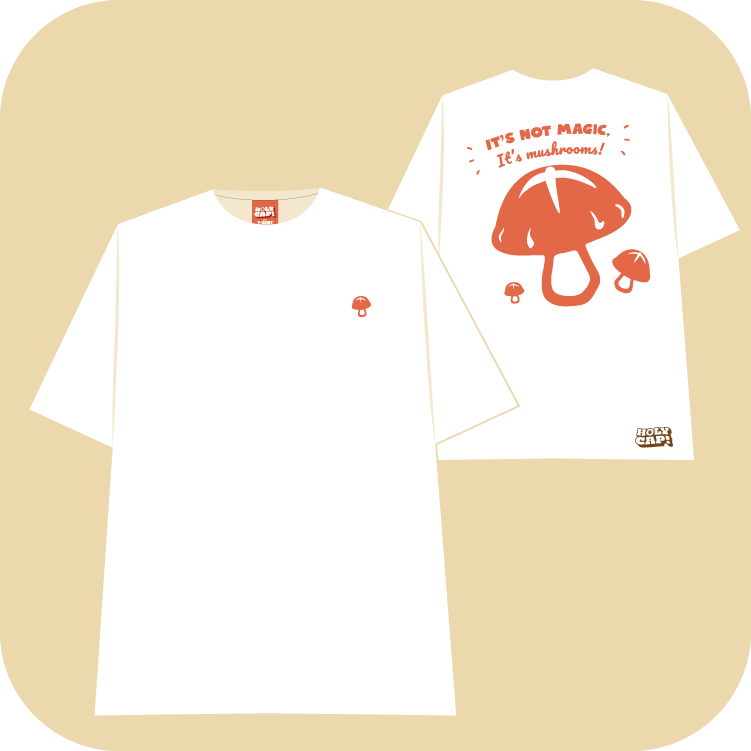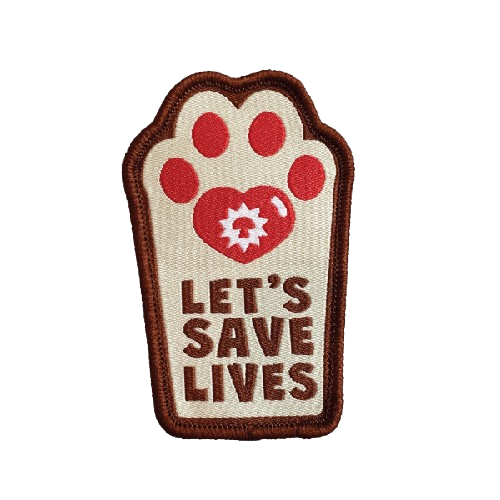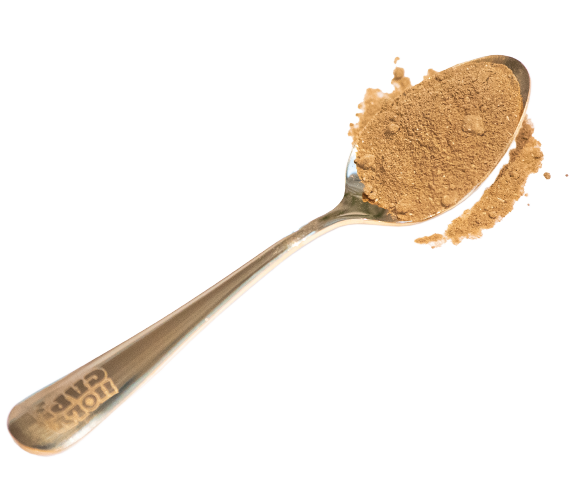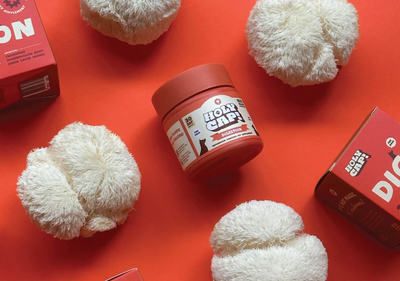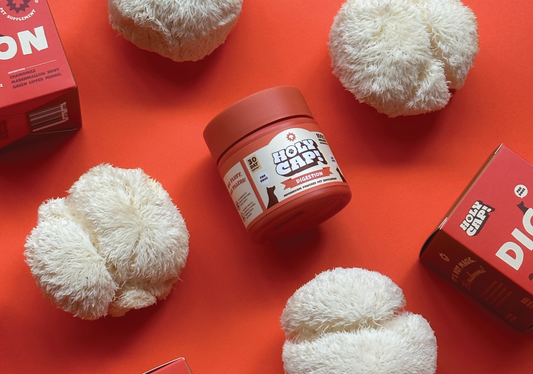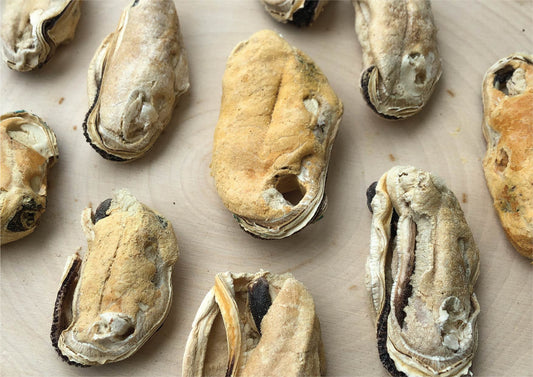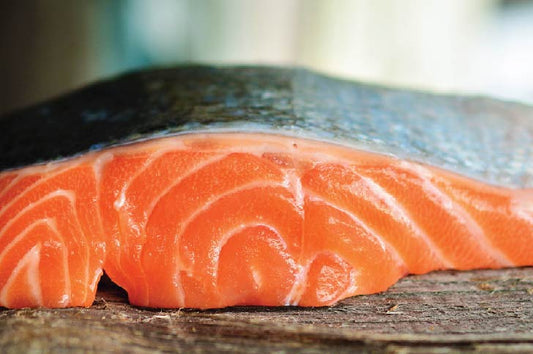
A good diet provides the nutrients their body’s need for optimal functioning, and is the foundation to optimizing health. It’s no different for pet diets, which is why it is so crucial to ensure that your pet’s nutritional needs are met to ensure they live happy, healthy lives.
WHAT SHOULD WE AVOID FEEDING OUR PETS?
As a general rule of thumb, it’s best to avoid feeds that are heavily processed.
A study by Veselá & Šucman in 2012, analyzed kibble and found levels of acrylamide in dry feedstuff of cats and dogs.
“These acrylamides are the same carcinogens that you find in burnt toast or [burnt food], and it’s because it goes through such a high heat process in order to get it into that smoosh, that they then cut into little biscuits and dry. A lot of nutritional value is lost through this process."
Some of these pet foods are very cheap and have lots of sugars or poor quality ingredients and are the equivalent to feeding McDonald’s everyday, which can be a block on a pet having optimum health.
A Finnish study also found that an ultra-processed carbohydrate-based diet was a significant risk factor in canine allergies. Contrary to conventional belief, dogs don’t have a carbohydrate requirement and carb or starch-heavy diets can lead to a host of problems with blood sugar levels, weight management and degenerative diseases.
DOES BETTER QUALITY MEAN MORE EXPENSIVE?
Not necessarily! The natural health feeding market has expanded vastly within the last five to ten years, and continues to grow, and a variety of meal options are now becoming readily available at varying prices.
You can source ingredients at an affordable price for raw or home cooked diets - or, if you are feeling really lazy, companies are creating these as pre-packaged options, which you can buy frozen and just need to defrost before you feed it to your pet.

SO WHAT SHOULD WE FEED?
Generally, fresh, whole meals with higher protein and lower carbohydrate best mimic our pets’ natural diets, and by choosing a meal option that has gone through the least amount of heat processing means that these nutrients are more easily accessible for our pets to absorb and utilize, which in turn helps make your pet much healthier and more resistant to getting unwell.
If you aren’t able to feed a fresh, whole diet all the time, even supplementing 10-20% of your pet’s daily processed pet food with fresh food will create positive changes in your pet’s body, so even the smallest changes go a long way!

WANT TO KNOW MORE?
Join our mailing list and never miss one of our blogs again!
-
Who is Dr. Vicky Simon
Dr. Vicky Simon is a Holistic Vet, specializing in Herbal Medicine, Homeopathy, Natural Feeding, and Acupuncture. Having studied Herbal Medicine, on top of Veterinary medicine at Royal Veterinary College of London, Dr. Simon now uses herbal medicine alongside conventional medicine and surgery in her practice, to enhance her diagnostics and treatment of her patients.
References
Helena Veselá, Emanuel Šucman, Determination of acrylamide in dry feedstuff for dogs and cats, ACTA VET. BRNO 2013, 82: 203–208
